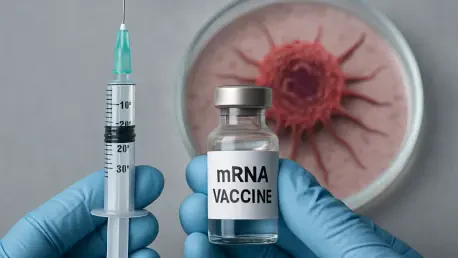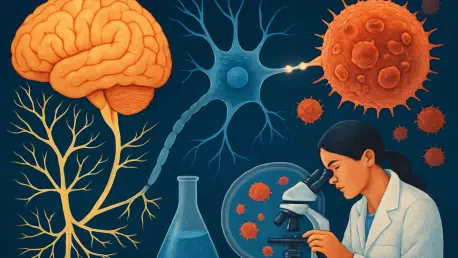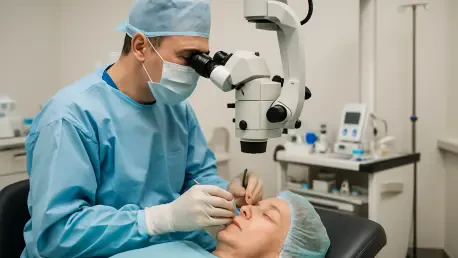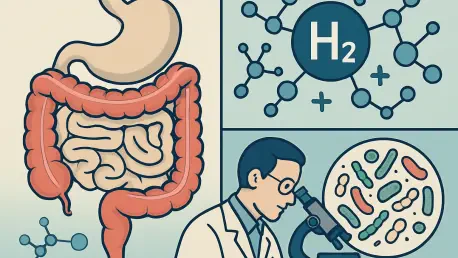
Consider a scenario where a patient diagnosed with an aggressive cancer like melanoma faces limited options due to a tumor that resists standard treatments, a reality for many battling "immunologically cold" tumors that evade immune system attacks and fail to respond to powerful therapies like

What happens when the body's own communication network turns against it, fueling a silent enemy within, and how can this discovery transform the fight against cancer? Gastrointestinal cancers, which claim millions of lives each year, have revealed a startling accomplice: the nervous system.

In a nation where genetic disorders often go undetected until it’s too late, Spinal Muscular Atrophy (SMA) stands out as a heartbreaking challenge, claiming countless young lives and leaving families in despair. This severe genetic condition, characterized by progressive muscle weakness and

In a world where medical advancements are reshaping everyday procedures, consider the possibility of undergoing cataract surgery not in a daunting hospital setting, but in the familiar comfort of a doctor’s office, with just a simple pill to calm the nerves. This isn’t a far-fetched idea but a

In the realm of assisted reproductive technology, in vitro fertilization (IVF) stands as a beacon of hope for countless individuals striving to build families, yet a staggering statistic reveals that up to 90% of embryos fail to implant or develop successfully, even with advanced testing methods.

Today, we’re thrilled to sit down with Ivan Kairatov, a renowned biopharma expert with a wealth of experience in research and development, and a deep passion for innovation in the industry. Ivan has been at the forefront of groundbreaking studies on the gut microbiome, particularly focusing on the